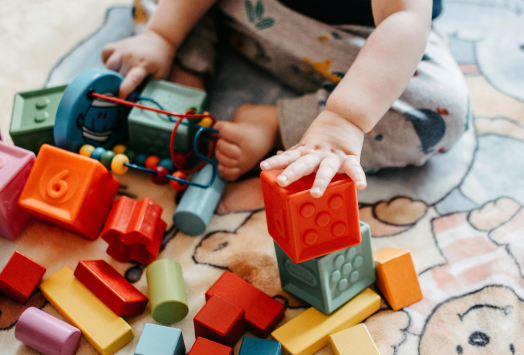Songwriters tell a story about something that happened or how they feel through lyrics and music. Sharing experiences and feelings directly through original music can have a positive impact on both the musician and their audience.
Whether a child is dreaming of fame or simply wants to put their heart into a song, countless benefits stem from making music.
Check out seven reasons to get your child into songwriting — read up, maybe you’ll want to start composing songs yourself!
A life of songwriting
One of the best things about songwriting is that there are no concrete rules. In the end, it is a form of expression. Everyone has their taste and opinions of music. That being said, it takes practice to become a master songwriter. From Joni Mitchell toCat Stevens to Taylor Swift, it takes practice to become great — but songwriting has the potential to empower kids to leave a lasting impression on the world through art.
Songwriting takes practice and plenty of trial and error. Even if your child doesn’t become the next sensation, being able to write songs is a rewarding artistic skill.
1. Get a creative boost
When a child is born, their mind is a blank canvas — but all children are born with the ability to become artists. s.Creating music requires multiple parts of the brain to work together. Making constant use of them leads to the creation of new neural connections.
This ability is known as neuroplasticity. The more we use the creative parts of our brain, the more they develop. The more our brain develops, the easier it becomes to create art.
2. Let loose with self-expression
Many adults and children tend to bottle up certain emotions and feelings. Sometimes finding the right words to express feelings can be tough — and the arts are a wonderful way to encourage self-expression in children who may have trouble putting feelings into words.
The practices of songwriting and creating lyrics help children express themselves. Writing a song is one way to let emotions healthily come to the surface. In this way, songwriting can be a cathartic experience, even for young children.
3. The making of a musician
It is never too late to learn to write music, sing or play an instrument. However, starting at an early age usually leads to increased proficiency.
Learning to write music is similar to learning a language. The younger you are, the easier it will be for you to become fluent.
4. Build confidence through art
As children start to grow up, they strive to find their place in the world. They have an inherent desire to please their parents and earn the respect of their peers.
Learning to write songs can give children a huge boost in confidence. You might notice the confidence positively affects other aspects of their lives, as well. Writing music is a special — and brave — talent. When a child has the confidence to share their creations with the world, it will help instill confidence in their hearts.
5. Troubleshoot and solve problems
As any musician can tell you, writing good music takes practice. Some people seem to naturals. But for most people, it is easy to run into problems along the way.
Maybe the melody is off. Perhaps could have trouble getting the piece to make rhythmic 'sense'. Sometimes, writer's block bubbles to the surface.
These issues take a little bit of troubleshooting before the song 'sounds right'. Learning how to troubleshoot songwriting helps children think outside of the box. This type of thinking can help children manage other types of problems.
6. Improve anxiety and mood
One of the most important takeaways of making music is the effect on the psyche. Simply put, writing and playing music is like chicken soup for the soul.
In other words, songwriting makes children feel good in the short and long term.
For many, making music can be a relatively healthy coping mechanism for difficult days. When things aren't going according to plan, it helps to be able to take the time a write a song. It could lead to the creation of a real work of art.
7. Build relationships
There is something universal about music — it helps people relate to others and communicate our experiences.
Songwriting can help children develop relationships and social skills. Learning how to listen and respond to others is an impressive milestone in child development.
These communication skills lead to healthier relationships down the line. Certainly, many adults could probably benefit from learning to write music.
Teaching the art of songwriting
For some, making music is innate. For most, it takes practice and instruction. But where does one begin?
As a parent, you may know how to play several instruments and compose music. That doesn't always translate to knowing how to teach it.
Finding the right teacher can be difficult for the same reason. Yet, there are certain things you can do to promote your child's songwriting. Help them find a songwriting technique that works for them.
Songwriting for children
Getting your child into the art world will give an undeniable cognitive and social benefit. It is one of the best hobbies a person could have.
It takes time for beginning songwriters to develop a mastery of music and songwriting. A natural musician will still need support and encouragement. Even if you aren't artistically gifted, you can help them by providing a space where they can express themselves.
Would you like to learn more? Visit this page for more articles about parenting and child development.
















